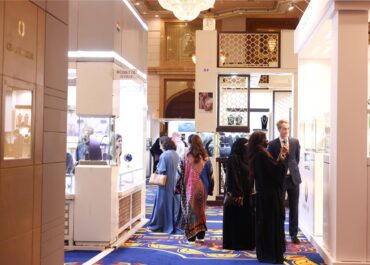

Recently in Cannes, women wearing burkinis on the beach were each given €38 fines by police patrolling the shore, while images have surfaced of authorities ordering bathers to remove their burkinis. It has been less than a month since the cargo truck attack into crowds of people in Nice, which killed 86 and wounded 300, and this was the first of at least 30 bans on “inappropriate” clothing on beaches — meant to target Muslim attire.
Burkinis were not mentioned by name in the bans, with the order simply saying beachwear must be respectful of good public manners and the principle of secularism. Authorities had said that they were concerned about the public order implications of the religious clothing, especially after attacks in Nice and Paris carried out by people influenced by Islamist extremism.
However, France’s highest administrative court, the Council of State, struck down one town’s burkini ban on Friday (and most likely would do the same for other towns if lawsuits were brought) yet the fight is far from over. French Prime Minister Manuel Valls defended a ban on burkinis saying France was locked in a “battle of cultures” and that the full-body swimsuit symbolised the enslavement of women. The Prime Minister said in a statement on Facebook that the ruling “doesn’t exhaust the debate that has opened up in our society on the question of the burkini.” It’s fuelled an intense political debate and split the French government with several female ministers opposing the restrictions, even as they voiced distaste for the garments.
Aheda Zanetti, the original inventor of the burkini, has said that the furore surrounding the cover-up – which has been banned by French authorities – is “misunderstood”. She told WWD: “I feel so sorry for the people who are going to be affected by it. The burkini was intended to integrate and bring people together. To give them the freedom of choice to wear something modest if they choose to be modest for whatever reason they need to be modest for. It should be happy and positive. It is turning something meant to give women the freedom of participating in health and fitness into a negative thing.”
Another burkini’s designer, who sells her pieces in France, Vanessa Lourenço, told the New York Times that she had started creating them to give Muslim women a chance to participate in the same activities as the rest of the community. She loves to swim herself, she said, so seeing religious Muslims or other people not go swimming “struck me as unacceptable.”
Ms. Lourenço, whose internet business sells swimwear in 120 countries, is not Muslim, and people often ask her why she designs for Muslim women. She said: “My answer is simple: At the end of the day women are women, whether Muslim or not, and we all want to be comfortable, look beautiful and feel feminine.” Perhaps the answer is private sections on beaches for woman only to wear what they want?















